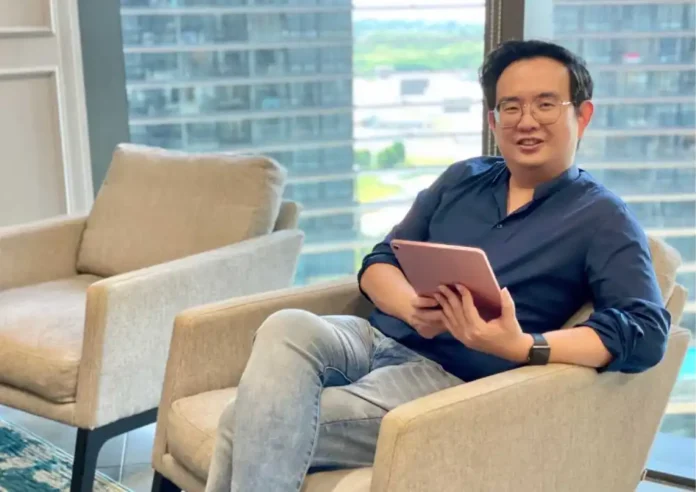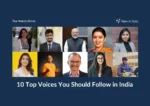Entrepreneurs, investors, and business leaders face an ever-evolving landscape where adaptability is crucial. Navigating regulatory complexities, maintaining team alignment, and embracing disruptive technologies can feel overwhelming. In such an environment, having a leader who thrives in ambiguity and helps organizations achieve “the right to operate and scale” can be invaluable. This article features insights from...
RELATED ARTICLES
© NewInAsia.com 2025








